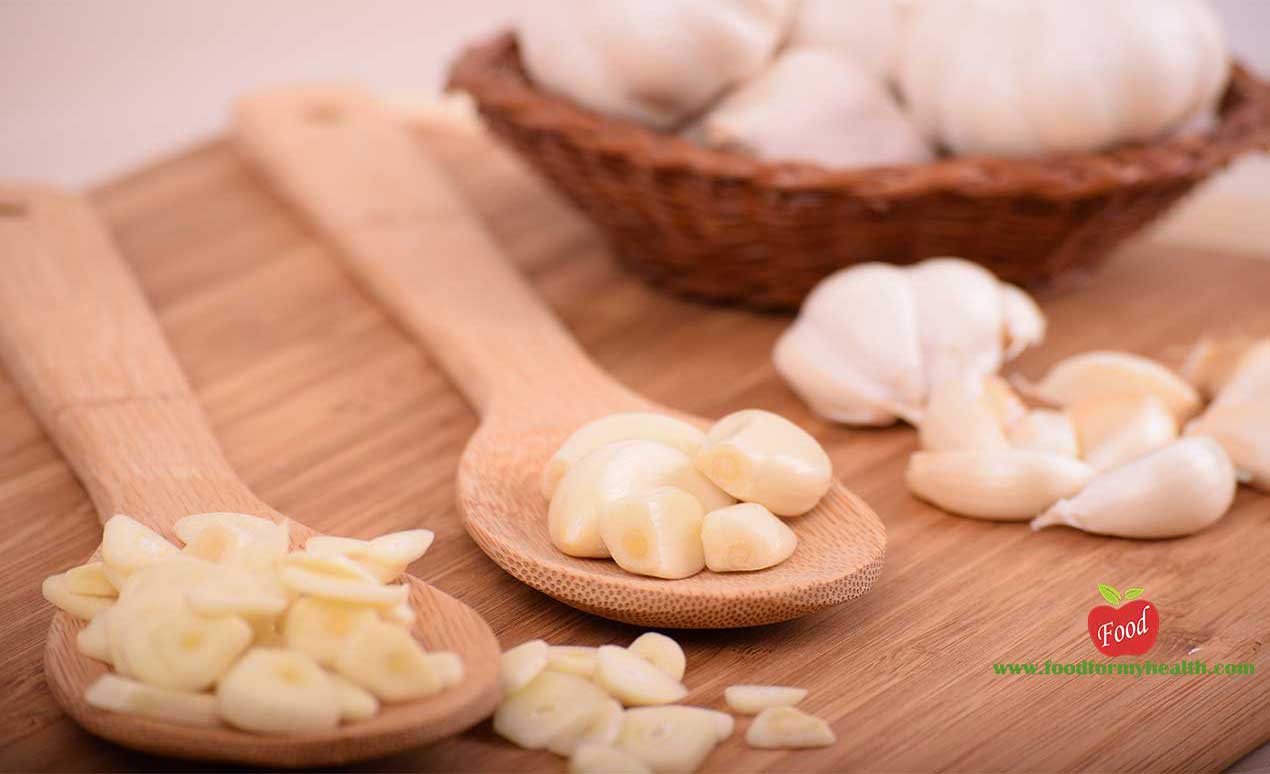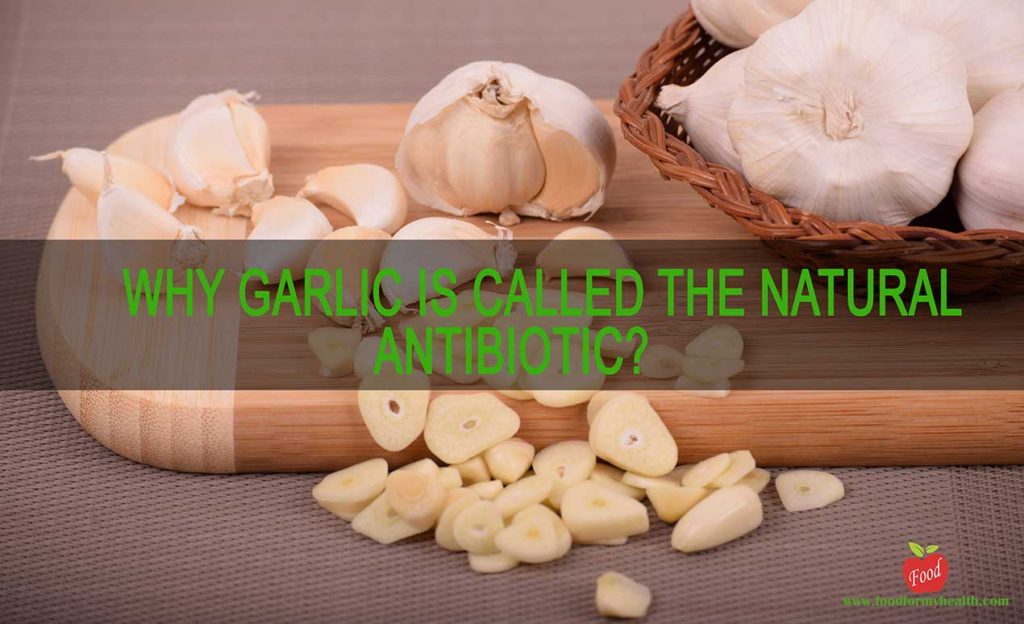Why garlic is called the natural antibiotic?
Garlic (garlic, lat. – Allium sativum) is a plant very strong and acrid taste, which is known for its world-class culinary properties and has long been acclaimed as a very powerful natural remedy. The main ingredient of garlic is allicin, which has amazing antibacterial, antiviral, anti-fungal and antioxidant activity.
Originally from Central Asia, garlic is one of the oldest cultivated plants in the world is grown for over 5000 years. It seems that the Egyptians first started to grow this plant, which played an important role in their culture. Garlic was considered a sacred plant since it was found in the tombs of the pharaohs. About the medicinal properties of garlic were also aware the ancient Greeks and Romans, whose athletes ate garlic before sporting events. Greek and Roman soldiers before they went to war ate garlic to increase endurance and disease resistance. After the 6th century cultivation of garlic spread in other areas of the world and since, garlic is a favorite plant of many nations because of its taste and healing effects.
How garlic affects health
Because of its unique composition, the garlic is beneficial to many diseases such as viral and bacterial infections, arthritis, cardiovascular diseases, respiratory diseases, digestive problems, chronic fatigue and parasites. Studies confirm that regular use of garlic regulates blood pressure, cholesterol levels and blood sugar and can serve as an excellent prevention of many types of cancer. Garlic has a positive effect on bone, muscle and respiratory system and has anti-rheumatic properties.
Garlic contains more than two hundred biologically active substances. The most important ingredient is the essential oil, which contains sulfur compounds. There are also vitamins A, B1, B2, B6 and C, many minerals like selenium, phosphorus, iodine, magnesium, zinc, iron, manganese, boron, copper, calcium, molybdenum, and amino acids and enzymes. In order to preserve all the natural properties, garlic should not be processed. Best results are achieved from freshly squeezed juice.

So how much garlic should be eaten in order to have all the benefits of this amazing plant? Well it seems that it is sufficient three to four cloves a day.
It acts as natural antibiotic
Effective against bacteria, can stop the growth of Staphylococcus, Escherichia coli, Proteus, Pseudomonas, fungi, viruses and parasites – and this is much more effective than some powerful antibiotics. It has been shown that garlic effectively suppresses the growth of fungi, particularly Candida Albicans. Antibacterial effect remains even when the garlic is cooked at 100 degrees! It has excellent disinfecting power, because it is a natural antiseptic. In the intestine prevents excessive fermentation and rotting, but also regulates the intestinal flora.
Helps in cardiovascular diseases
Numerous studies on garlic confirm that this plant plays an important role in the health of our cardiovascular system. Garlic protects blood cells and blood vessels from oxidative and inflammatory processes. The unique composition of garlic, which contains the full range of sulfur compounds, protects against oxidative stress and inflammation. Garlic also affects the level of triglycerides and the blood cholesterol. In addition it protects our blood vessels from clogging, thanks to a special ingredient called ajoene. Very impressive is the ability of garlic to reduce blood pressure. Curative effect of garlic on the cardiovascular system is also associated with a high content of vitamin C, vitamin B6, selenium and manganese.
For the purpose of prevention, add raw onions in all dishes. If you have problems with high blood pressure, every morning eat one clove, it works similar as aspirin.
Anti-cancer properties
This incredible plant has significant anti-cancer properties. Regular consumption of garlic significantly reduces the risk of many cancers. Garlic neutralizes carcinogenic compounds and also prevents the appearance of tumors of the liver, esophagus, oral cavity, stomach and colon. In addition, stops the growth of cancer in a way that kills tumor cells and stimulates a defense mechanism to fight tumors, acts like immunotherapy. Garlic enhances the activity of the immune system and thus increases the overall resistance to infections.
Some side effects of garlic
- Garlic does not cause any toxic nor mutagenic effects. However, some people respond poorly to garlic, and certain problems can occur after eating it, like heartburn, stomach pain, bloating, gas, nausea, bleeding hemorrhoids, burning with urination, even irritability.
- In the case of simultaneous use of garlic and medications based on heparin, aspirin or drugs for diseases of the blood vessels should be sure to consult your doctor.
- Given that may have contraindications with other medications and supplements, it is recommended to pause its consumption for several weeks before and after any surgery.
It is rare occasions garlic in some people can cause an allergic reaction, which is manifested by rash, fever and headache.

